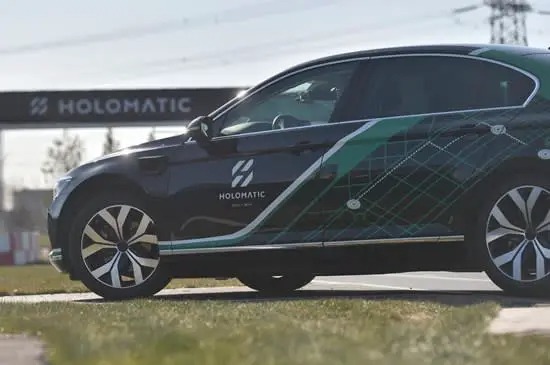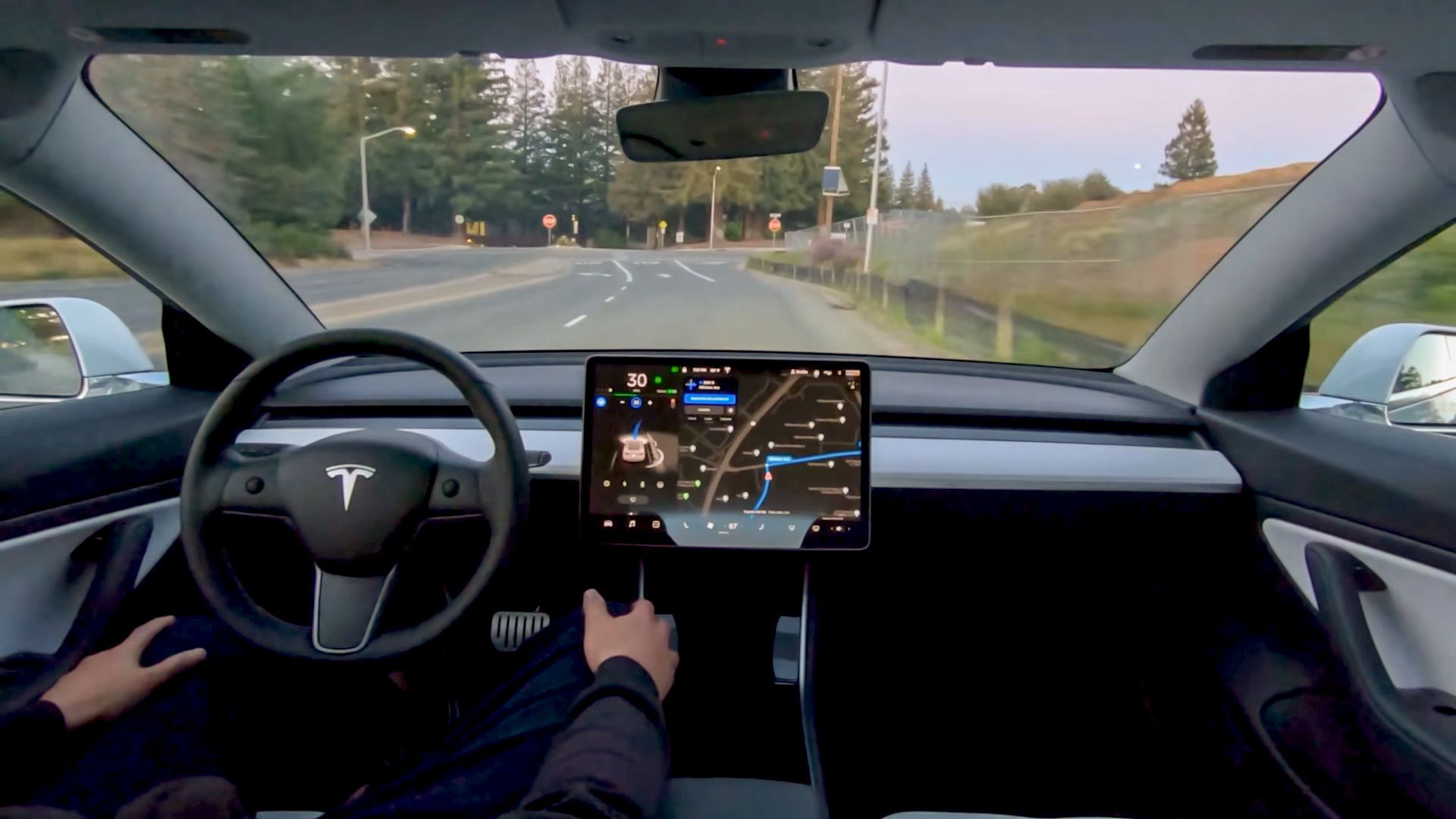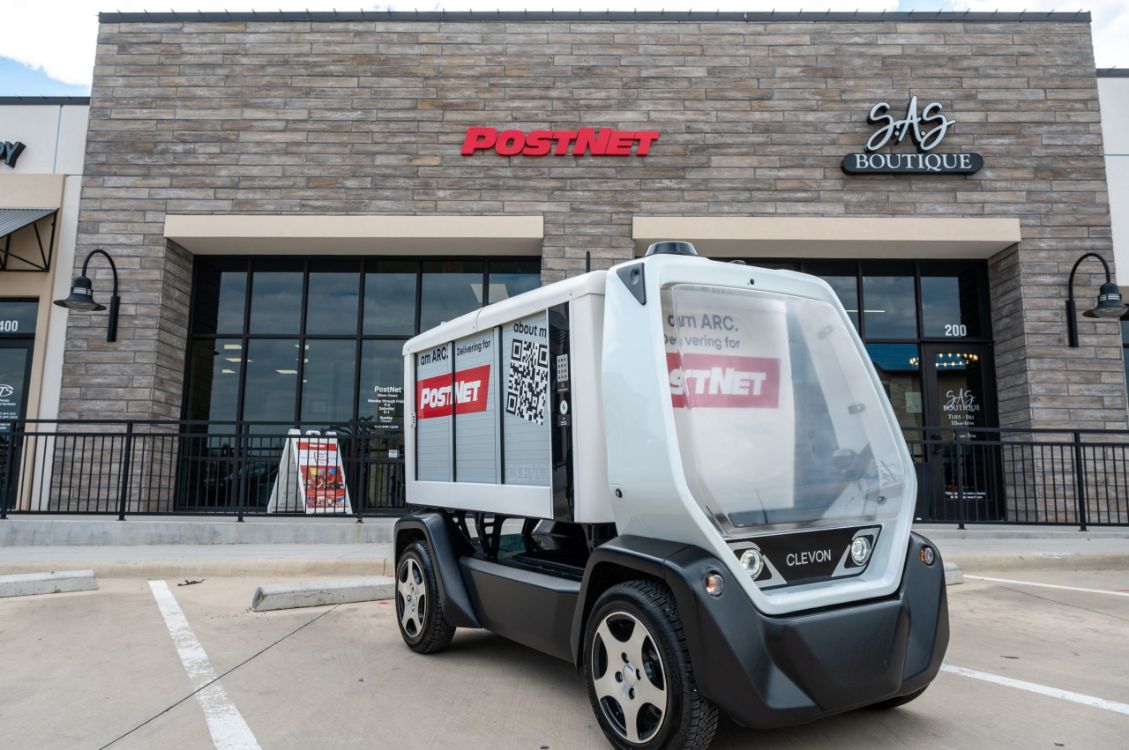In a significant move towards the widespread adoption of autonomous vehicles, the Office of the Beijing High-Level Autonomous Driving Demonstration Zone has announced the commercial launch of driverless taxis in the capital city. Under the new policy decision made on Friday, eligible companies will be permitted to operate autonomous taxis without safety supervisors on board and charge passengers for their rides. This expansion of driverless taxi services marks a notable milestone in the commercialization of intelligent transportation.
Beijing had previously introduced self-driving taxis on a trial basis in March, following a series of road tests conducted with safety supervisors present. During this initial phase, Chinese tech giant Baidu and autonomous mobility startup Pony.ai were granted permits to operate driverless taxis through their ride-hailing apps within a 60-square-kilometer area in Yizhuang, located in the southern suburbs of Beijing. These trial rides were offered free of charge to passengers.
The Office of the Beijing High-Level Autonomous Driving Demonstration Zone now plans to allow commercial operation of driverless taxis in an expanded area of 500 square kilometers. Interested companies must apply for commercial operation permits to participate in this initiative.
According to the office, 116 self-driving taxis have been operating in Beijing on a trial basis for the past four months. These vehicles have successfully completed over 1.5 million test trips, covering a total distance of nearly 2 million kilometers. Impressively, more than 95 percent of passenger ratings have been favorable, reflecting the positive reception of autonomous transportation by the public.
Xu Hongwei, the executive deputy director of the office, emphasized that the preliminary tests and free trials have laid a solid foundation for the commercial launch of driverless vehicles. They have provided valuable experience in demonstrating the feasibility of unmanned transportation applications.
During the commercial phase of driverless taxi operations, particular attention will be given to assessing the service capabilities of autonomous mobility companies. The focus will be on reviewing three key risk aspects: passenger safety, traffic conditions, and the performance of autonomous driving functions. To ensure the smooth and safe operation of the unmanned commercial fleet, tailored daily supervision and emergency plans will be formulated.
Dai Wanli, a 35-year-old Beijing resident, shared her experience of riding in a driverless taxi with her family in May at Shougang Park, one of the venues for the upcoming Beijing 2022 Winter Olympics. Describing the process, she explained that they booked the ride using a mobile app, followed instructions to the closest stop, and scanned a code to board the self-driving taxi. Dai praised the smoothness of the ride compared to conventional taxis and mentioned that her son particularly enjoyed the experience. Impressed by the project, she expressed her intention to book another ride in the near future.
In a recent news conference, Xin Guobin, the vice-minister of industry and information technology, announced that China has established a road network spanning over 15,000 kilometers for testing intelligent vehicles, including taxis and buses. These tests encompass various self-driving scenarios such as autonomous valet parking and unmanned delivery, demonstrating China’s commitment to exploring and advancing autonomous transportation technology.
As Beijing expands its driverless taxi services and ventures into the commercialization of autonomous vehicles, the city aims to embrace the potential of intelligent transportation while ensuring passenger safety, evaluating traffic conditions, and assessing the capabilities of autonomous driving systems. With the successful trial period and positive passenger feedback, Beijing takes a significant stride towards a future characterized by widespread adoption of autonomous transportation.






